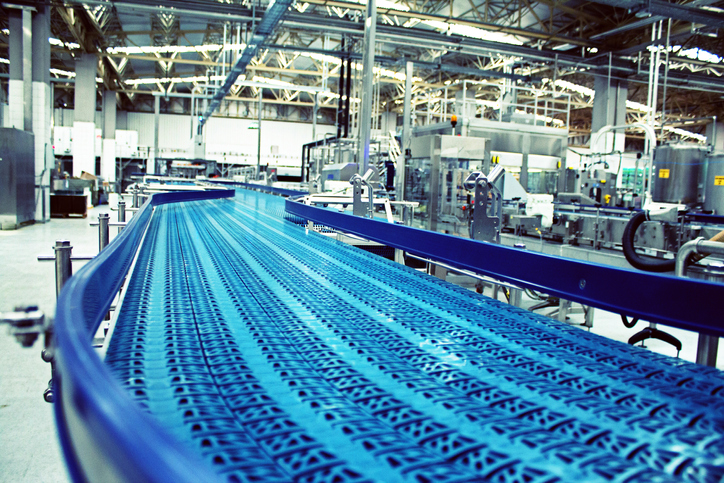Right out of the gate in 2024, we’ve seen several states further regulate the sale of PFAS-containing products. On Jan. 1, a Connecticut statute took effect prohibiting the sale or promotion of any “food package to which PFAS has been intentionally introduced during manufacturing or distribution in any amount.” The law defines “food packaging” to mean “any package or packaging component that is applied to, or in direct contact with any food or beverage.”
Connecticut defines “intentionally introduced” to mean any “deliberately utiliz[ing] regulated metal or PFAS in the formulation of a package or packaging component where the continued presence of such metal or PFAS is desired in the final package or packaging component to provide a specific characteristic, appearance or quality.”
As of Jan. 1, Maryland also now prohibits PFAS-containing food packages, rugs/carpets, and — with certain exceptions — firefighting foam from being manufactured, or knowingly sold, offered for sale, or distributed in the state.
These regulations apply only to products containing “intentionally added” PFAS, defined as “deliberately using a chemical in [product] formation” when “the chemical’s continued presence is desired” to give the finished product a specific characteristic. The statute broadly defines a “food package” as one “that is designed and intended for direct food contact” but must in all cases “be composed, in substantial part, of paper, paperboard, or other materials originally derived from plant fiber . . . .”
In June 2022, Colorado enacted a statute prohibiting the sale or distribution of certain consumer products containing intentionally added PFAS chemicals. And as of Jan. 1, Colorado prohibits the sale or distribution of carpets or rugs, fabric treatments, food packaging, juvenile products, and oil and gas products that contain “intentionally added PFAS chemicals;” the statute expressly defines each of these categories.
Cookware, defined as “a durable houseware product that is used in residences or kitchens to prepare, dispense, or store food or beverages,” is, as of Jan. 1, also subject to regulation in Colorado if it contains any intentionally added PFAS. With certain exceptions for cookware having a surface area of less than 2 square inches and unable to fit a label, Colorado now requires all regulated cookware to include a product label containing a statement about where on the internet “more information about PFAS chemicals” in the cookware can be found. Unless “no individual PFAS chemical is intentionally added to the cookware,” a manufacturer may not claim on the cookware package that the product is free from PFAS chemicals.
On Jan. 22, Colorado’s Senate began to consider an amendment to this statute, S.B. 81, which would add various new categories to the list of products that could not be sold or distributed if they contain intentionally added PFAS chemicals.
This blog has previously discussed the development and enforcement of PFAS regulations in states such as Maine and New Jersey.
Many other state legislatures are either considering or have passed similar regulations. This is a rapidly changing area of law; if they have not already, any business involved in the distribution of PFAS-containing products should consult an attorney to determine if new regulations affect those products in the states where they operate.

